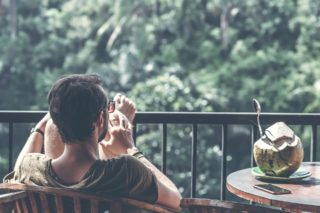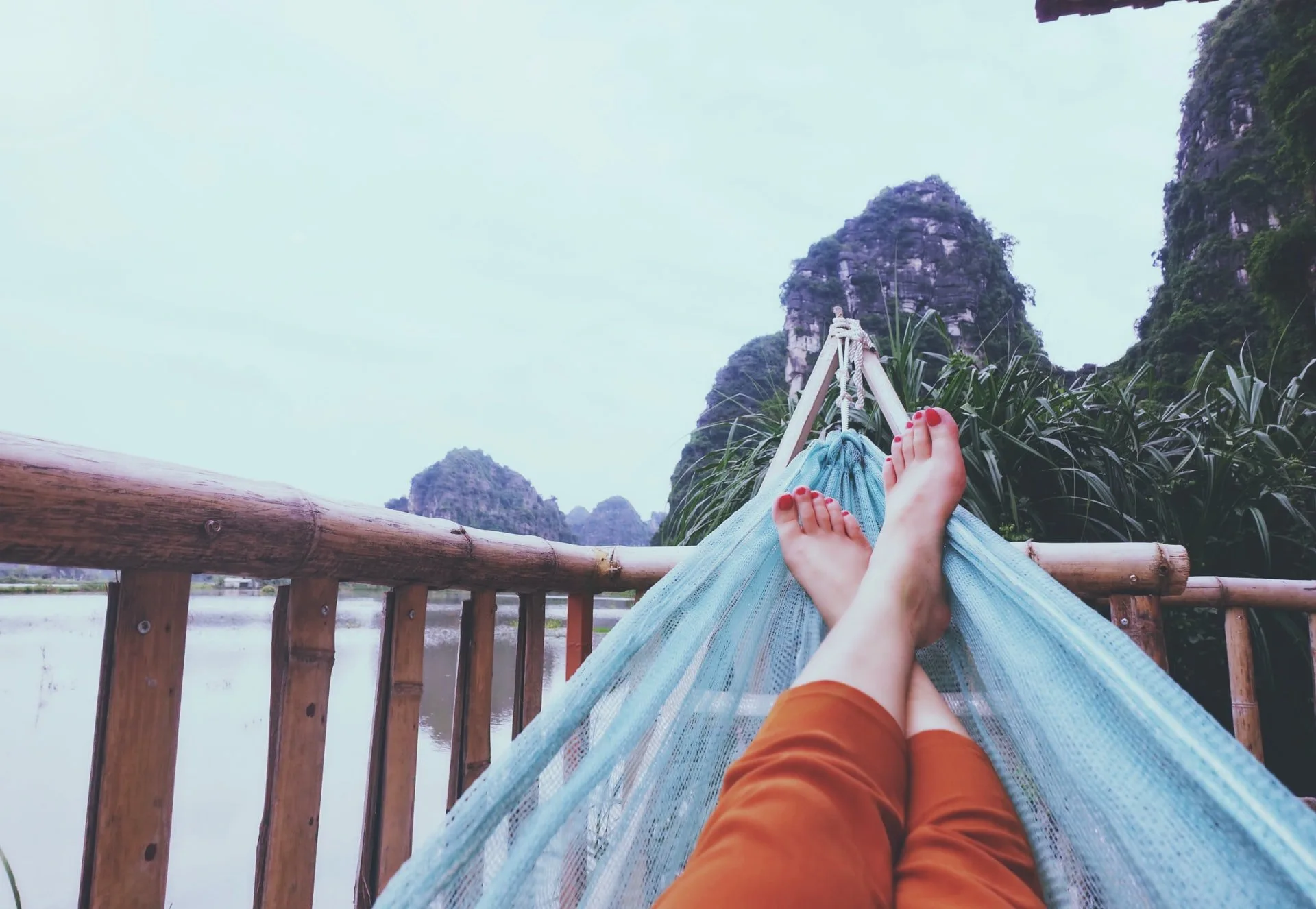You’d think that with us being on lockdown, and the government encouraging us to limit our trips and interactions outside, things would have slowed down. However, this cannot be further from the truth.
Life has also become increasingly busy and stressful. Even in lockdown, there is still pressure to always be productive. Considering the dangers of battling burnout in a pandemic, perhaps we should be borrowing a few tips from the Dutch and adopting their concept of Niksen.
The Dutch are seen as one of the happiest and healthiest people in the world, and this may be rooted in their practice of Niksen, which involves ‘doing nothing’. Now in a world driven by consumerism and productivity, this may sound like a strange concept, but it may be exactly what you need to survive the rest of 2020.
What exactly is Niksen- the art of doing nothing?
The term Niksen is taken from the Dutch word ‘niks’ which means ‘nothing’ or to ‘do something without any use.’
With nearly two-thirds of full-time workers dealing with burnout at some point while at work, it’s clear that our need to stay productive has been counter-productive. Due to our need to always stay ‘on’, we’ve placed our mental and physical health at risk.

Photo by Roberto Nickson on Unsplash
Why is it so hard to do nothing?
It’s a matter of perception. People think that doing nothing means that you’re either lazy, irresponsible or wasting time. As a result, the guilt experienced from doing nothing often forces people to overwork in an effort to prove that they’re not lazy.
Additionally, it can also be hard to do nothing when modern technology continues to provide a plethora of distractions, making unplugging almost impossible.
What are the longevity benefits?
1. It may help reduce stress levels
We’re in a pandemic, so it’s easy to say that we’re all extremely stressed. Not to mention the health risks associated with high-stress levels, such as an increased risk for heart diseases as well as a potential dependency on drugs and alcohol.
As Niksen provides you with a moment to pause and reflect, research suggests that it may help to reduce high-stress levels.
A 2017 study from the University of Rochester found that alone time can lead to relaxation and a reduction in stress levels.
2. It can help to boost creativity
Have you ever wondered why authors enjoy regularly taking long walks? It’s because doing nothing or engaging in idle behavior can help to boost one’s creativity.
A study published in Personality and Individual Differences, found that a wandering mind can help to stimulate creativity, most likely because the mind is searching for its own stimulation.
3. It can help with problem-solving
Clearing your mind can help to organize your thoughts, which can help you solve problems more effectively.

Photo by Artem Beliaikin on Unsplash
A study published in Frontiers in Psychology suggested that a wandering mind can help to offer clarity, helping one better solve their problem.
4. It improves productivity
You read it right – nothing doing can actually help to boost productivity.
This is because, instead of overworking yourself, taking a break can help to rejuvenate both your body and mind, which in the long run, can help you become better equipped in completing your tasks.
5. You’ll be happier
A study published in the British Journal of Psychology suggested that people who spend more time alone are happier and more fulfilled in their lives.
How can I practice Niksen?

Photo by Ksenia Chernaya from Pexels
If you really want to practice Niksen, then it’s important that you accept that doing so will not make you lazy or irresponsible. You need to learn to be unapologetic about taking breaks and never feel guilty about prioritizing your mental and physical health.
It’s also best to remove any distractions, particularly from phones and laptops.
Niksen ideas
If you’re not sure where to start, here are a few ways to practice Niksen:
- Stare out of the window of your home
- Soak in the bath, without any music or books
- Go for a walk – allow yourself to wander with no set destination
- Watch a sunset or sunrise with a cup of tea
- Lie down on your bed, play some calming music and let your mind wander
Want to know more?
The Netherlands may be a happy country, but last year Finland was named the Happiest Country in the World, for the second year in a row. With that said, we have 4 easy health hacks that we can adopt from the Finnish in order to help you have a happier 2020.



![women [longevity live]](https://longevitylive.com/wp-content/uploads/2020/01/photo-of-women-walking-down-the-street-1116984-100x100.jpg)










